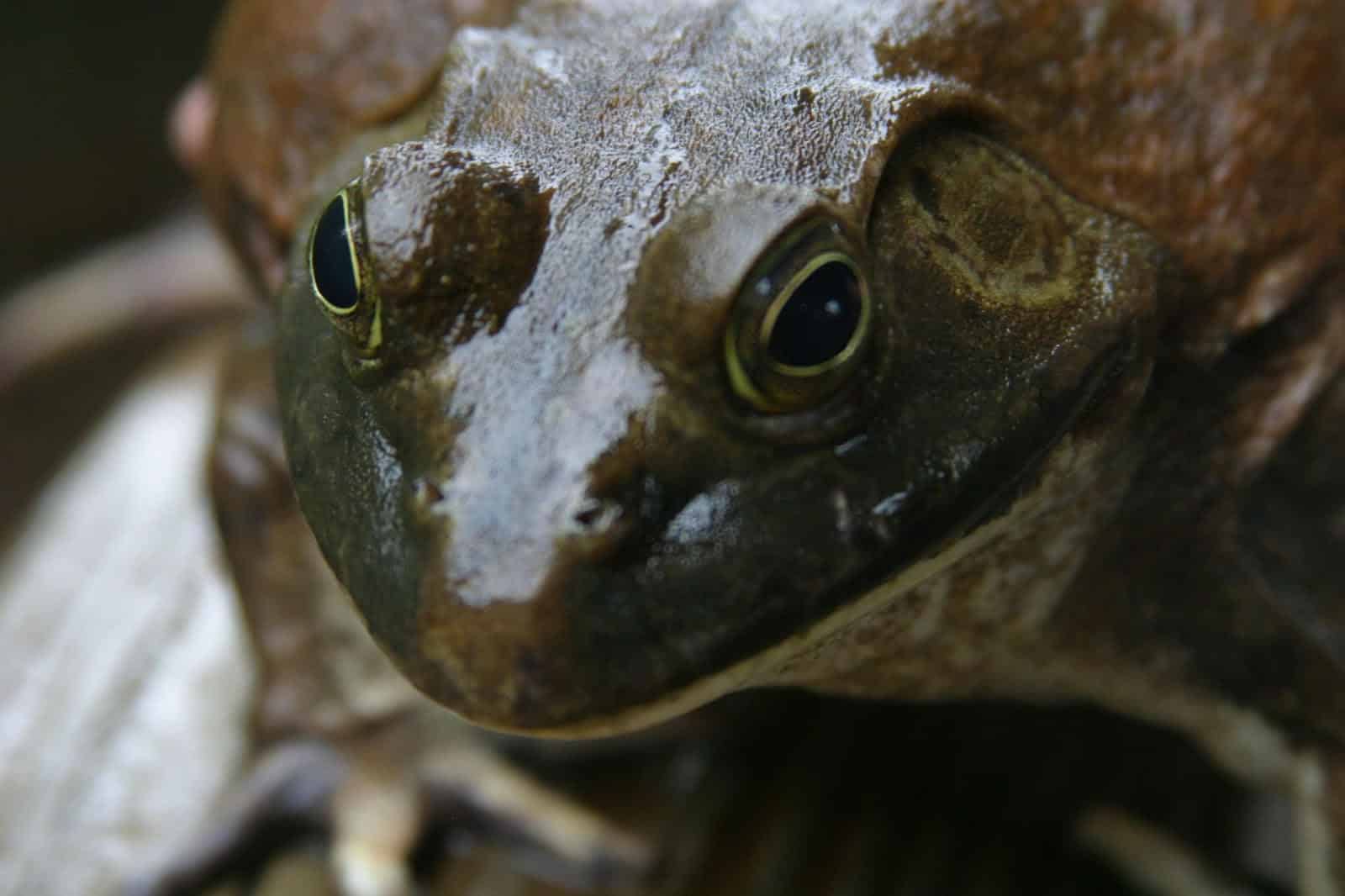A little noise never hurt a squirrel hunt
BY Chuck Long
ON 09-30-2020
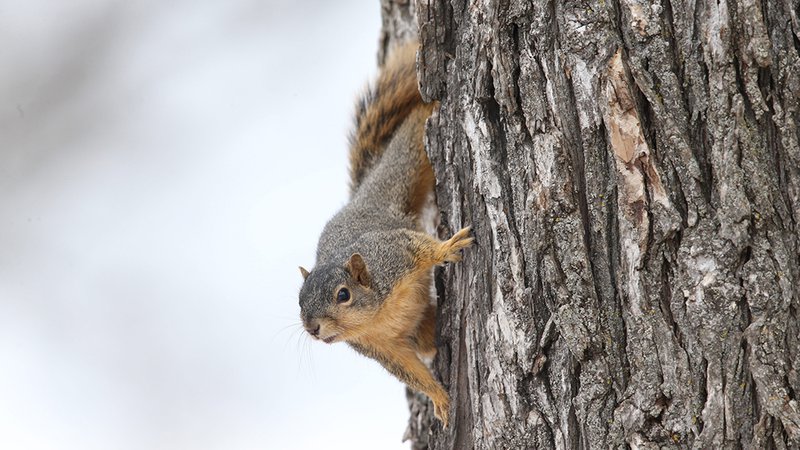
Sept. 30, 2020
Chuck Long
AGFC Northeast Regional Educator, Jonesboro
JONESBORO — Squirrels are vocal animals with sounds ranging from agitated chatters to passive whines. Hunters can take advantage of the squirrel language with a little squirrel talk of their own.
Most squirrel hunters view chasing bushytails as a passive sport that involves a leisurely but alert walk through the forest. A hunter carefully scans the trees for movement of feeding or passing squirrels while watching the forest floor for cut acorns, hickory nuts or other fodder that indicates squirrels have been in the area. Another option that can add a little zest to the hunt is calling to the squirrels and getting them to give up their location. 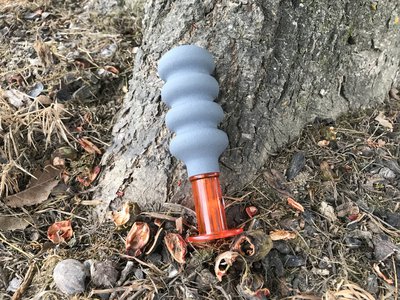
Squirrel calling can fall into two very different categories. The most common method is to try to imitate the communications squirrels make between each other. This method can be very effective throughout the season, but especially before the leaves drop. Another method is using non-squirrel calls to get squirrels to “shock” bark. Much like striking up a gobble from a tom turkey, a variety of calls can be used to inspire a chatter from a squirrel, which will then allow a careful stalk to the squirrel’s location.
The most versatile squirrel call is made with a barrel and bellows and is designed to imitate the sounds of a squirrel. The barrel might be plastic or wood and will house some type of reed system while the bellows is typically a durable rubber that can be struck to force air over the reed and make a sound. These calls are made by a wide variety of manufacturers and are fairly inexpensive. They are very simple to operate and, with a little practice, a hunter can bark just like a wily gray squirrel or wheeze and chatter like a fat fox squirrel.
Other options imitate squirrel sounds as well. Squirrel “whistles” imitate the sounds of a young squirrel in distress and can be very effective, especially early in the season. Many manufacturers also make these calls specifically for squirrels, but any sound-producing device that emits an audible squeak could be used. There is also a group of calls designed to imitate the sound a squirrel makes as he dines on a hickory nut or crunches through a walnut. These calls might be as simple as rubbing a flat stick over a grooved stick or even rubbing the edges of two quarters together. This replication of chewing sounds can bring out squirrels that might otherwise remain hidden by a cloak of leaves and limbs.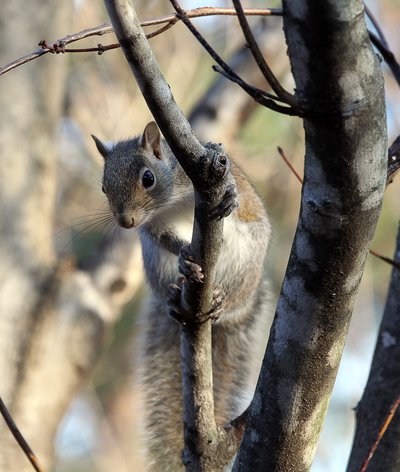
Shock calls for squirrel hunting can be anything that makes a unique, somewhat natural sound as squirrels will often bark at any unusual sound or one that might indicate danger. A call that imitates a hawk scream can incite a chorus of angry squirrel barks throughout the woods. The same can be said for a barred owl call or even a coyote howl. A pileated woodpecker call, a crow call or a loud, obnoxious predator squeal can often trick a squirrel into giving away his location, too.
As with many types of hunting, the incorporation of calls adds another layer to a day in the field. These calls can improve the experience that comes with the hunt and make the hunt much more interactive. The use of calls can also increase the interest of youngsters and allow them to be active participants in the hunt.
The squirrel season in Arkansas is lengthy, running from May 15, 2020, to February 28, 2021, with a daily limit of 12. There are ample opportunities to squirrel hunt, both on public and private land. Public land including wildlife management areas, national forests and federal refuges, offer great opportunities to chase squirrels. Please check regulations for specific tracts of public land before hunting as many have special regulations. Regulations and maps can be found at agfc.com.
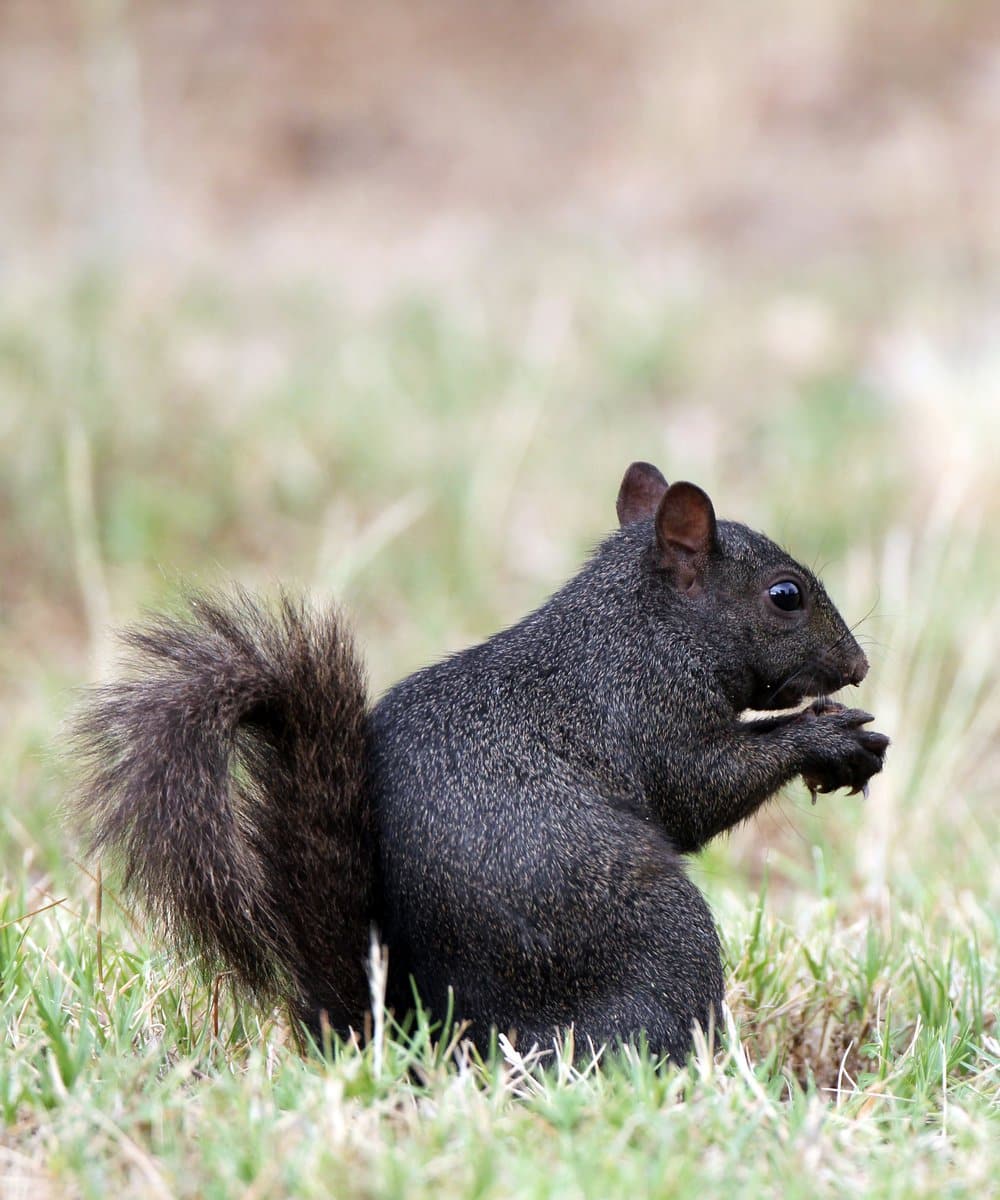
Recent News
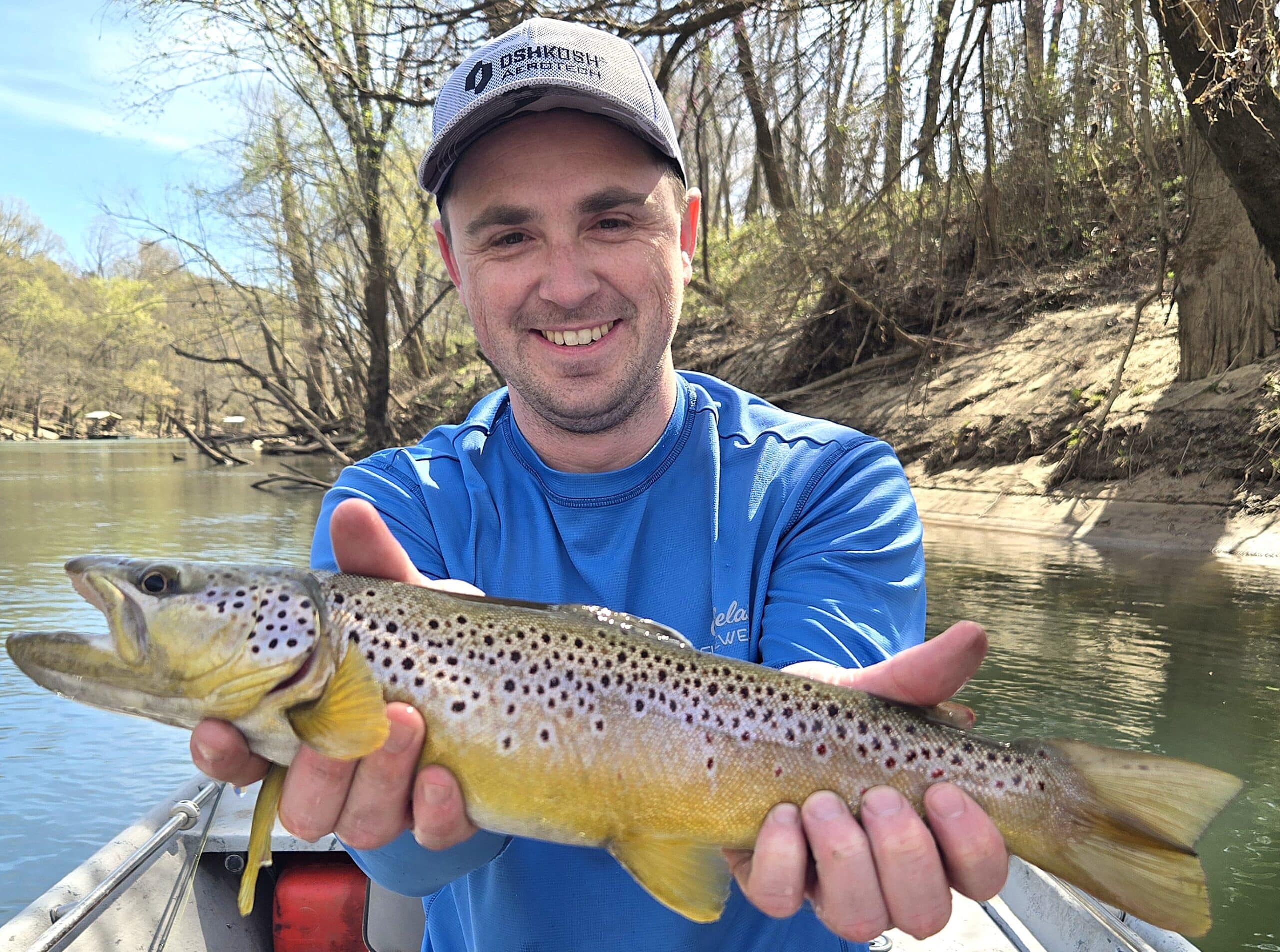
Arkansas Wildlife Weekly Fishing Report
Apr. 10, 2025
Subscribe to Our Weekly Newsletter E-mails
Don’t miss another issue. Sign up now to receive the AGFC Wildlife Weekly Newsletter in your mailbox every Wednesday afternoon (Waterfowl Reports are published weekly during waterfowl season and periodically outside the season). Fishing Reports arrive on Thursdays. Fill in the following fields and hit submit. Thanks, and welcome!

